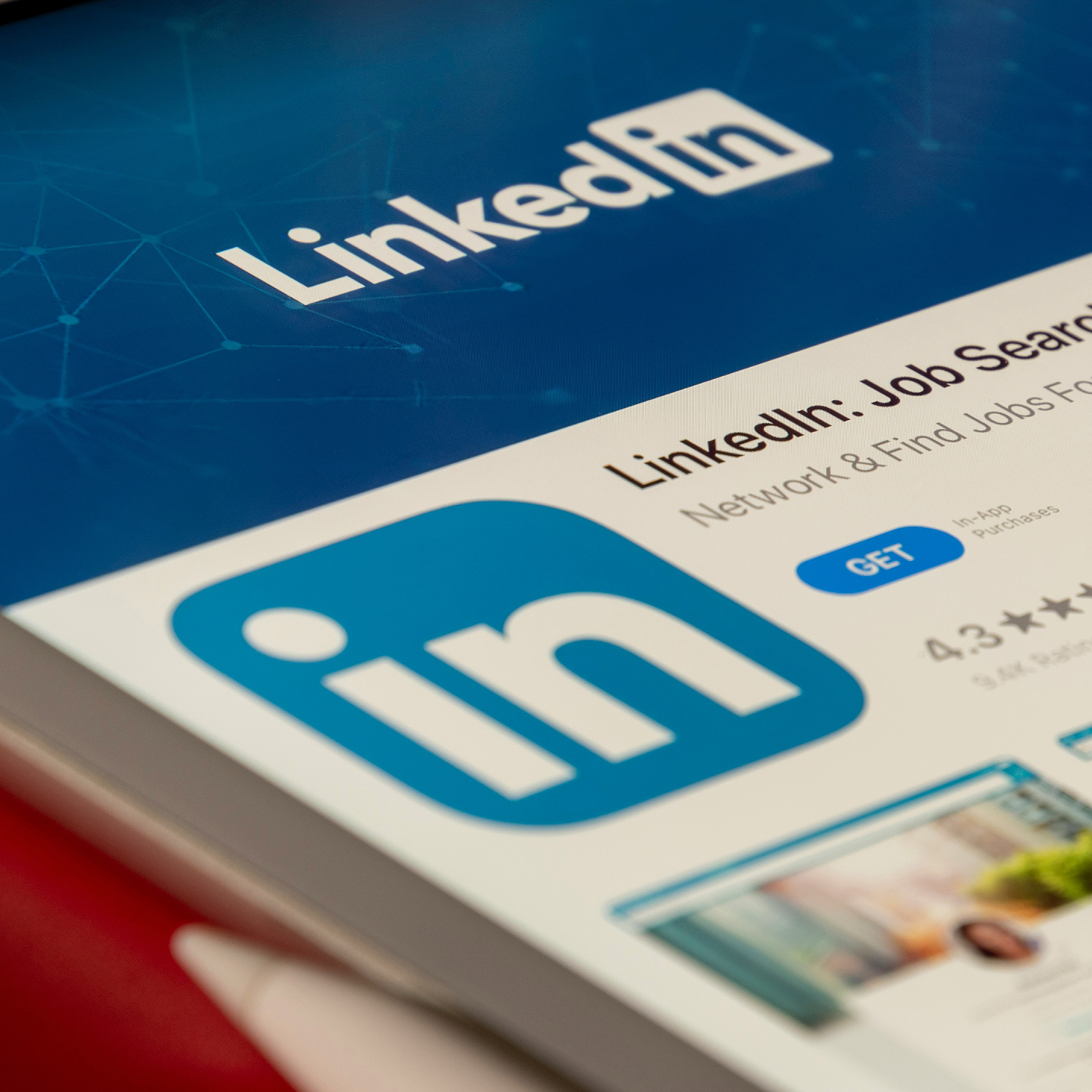We have two offices in Colorado—one in Colorado Springs and one in Denver. Residents of both cities are voting in mayoral elections this year. And that got us thinking about representation, but not just at all levels of government. What about representation in history?
We took our questions to History Colorado, with a particular interest in learning more about Bold Women. Change History. April Legg, chief education officer for History Colorado, and Susan Fries, director of the Center for Colorado Women’s History and deputy community museum officer, teamed up in answering the questions.
What is History Colorado’s vision for "Bold Women. Change History."?
April Legg (AL): Bold Women. Change History. is an event series we started in 2020 in partnership with Women’s Vote Centennial Colorado Commission on the centennial of the passage of the 19th Amendment to the U.S. Constitution. This was the largest expansion of voting rights in U.S. history and was passed despite tremendous obstacles.
Since then Bold Women. Change History. has been a place to share the resonant personal histories of women, past and present, who take risks, innovate in ways worth replicating, and demonstrate a powerful spectrum of leadership. It is a place where we can show that women are not resting on any laurels but rather continuing to assert that we didn’t come this far to only go this far.
How is Season 3 different from Seasons 1 and 2?
AL: Season three of Bold Women. Change History. isn’t so much a change as the next step in the evolution of this series. We continue to broaden the topics covered beyond the original focus of voting rights to explore what happens when women have a seat at the table, when they lead. This season we have featured basketball star, Colorado State University alumna, and trailblazer Becky Hammon on February 28; Susan Hudson (Diné), a renowned quilter from the Navajo Nation in Springs Sheep, New Mexico, on April 1; and on April 22 we had an all-day summit featuring several energizing talks and a keynote speech and book signing from civil rights activist, author, and co-founder of Black Lives Matter Global Network, Alicia Garza.
These events are just the tip of the iceberg of what is coming up for Bold Women. Change History. There are so many more histories and lived experiences being explored across the spectrum of the powerful women of Colorado and beyond.
How can women and men in our current moment ensure that women continue to hold positions of leadership and influence?
Susan Fries (SF): As an organization that represents the collective memory of the Centennial State we are partial to the importance of looking to and learning from the past. We can draw inspiration from those who have come before and learn from their mistakes and their triumphs. We can see the telltale signs that point to rollbacks of rights and make a stand with the benefit of hindsight from those who came before us.
I think the most important thing anyone can do to continue the push forward is to exercise the right women fought for more than 100 years ago: vote. Make your voice heard. Regardless of your race, gender identity, class, religion, sexual orientation, disability, linguistic facility, or cultural background, we all have a voice and we should ensure it is heard.
How do researchers go about recovering insights from and stories of people or people groups whose existence was left out of historical accounts?
SF: This is an incredibly important thing to highlight as for so long the story of the United States has been told from the perspective of “great white men” who changed the continent but we now know just how myopic that is. The history of our world has been forged by historical actors of all sorts but unfortunately museums, historical societies, schools, and fields such as history, anthropology, archaeology, and historic preservation have historically prioritized EuroAmerican perspectives and experiences and have misrepresented, excluded, and erased the perspectives of anyone who didn’t fit the mold. This led to exclusion of important stories and perspectives from archives, collections, and exhibitions.
History Colorado is making meaningful strides to tell a more complete and authentic history of the Centennial State, but it doesn’t change overnight. It requires looking for history in unusual places and with unusual techniques. It means reminding ourselves that history isn’t always left as an official government document or an intricately scribed journal. Sometimes it is the story passed from generation to generation or the notes scribbled in the margins of a family cookbook. All of these can have incredible impacts on our understanding of the past.
Why is it important that we do this work? What are we collectively forfeiting if we don’t?
SF: At History Colorado we believe that all people have a shared destiny and an important role to play in the unfolding of the past and the future. We recognize that our success is bound up in the success and vitality of all of Colorado’s communities. We explore practices that allow us to question how we work together and dream about our future, creating a deep sense of belonging and connection to History Colorado’s mission of creating a better future by inspiring wonder in our past.
We confront historical systems of oppression, unpack our personal biases, lift up multifaceted stories of our shared past, and continuously advocate for equitable, systemic changes to break the cycles of oppression and discrimination. If we aren’t brave enough to push forward with the work of reclaiming the under-told stories of our past, then how can we co-create a better future?
That is what Bold Women. Change History. is ultimately about: reasserting the power that women have always had by illuminating the ways we have shaped our nation’s history and embracing the changemakers amongst us who continue to break down barriers.
Well, you heard Susan! Get out and vote, make your voice heard. Find info on the upcoming mayoral decisions in Colorado Springs and Denver.






